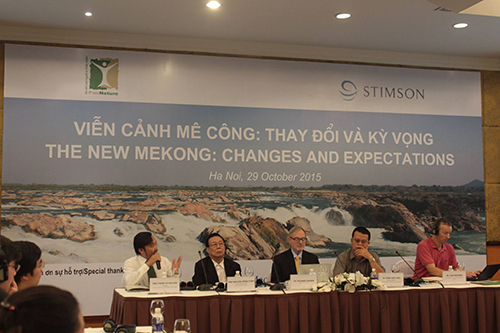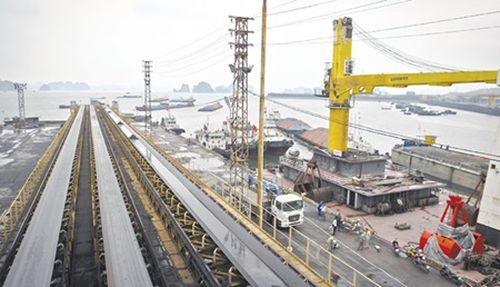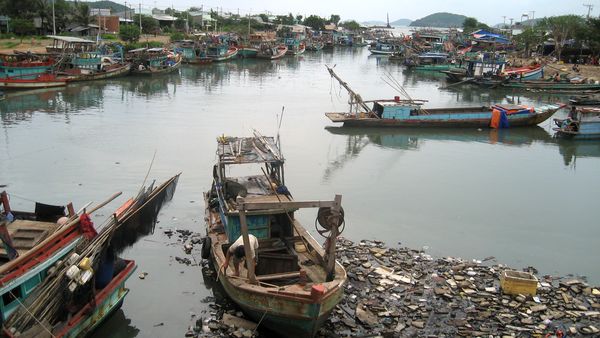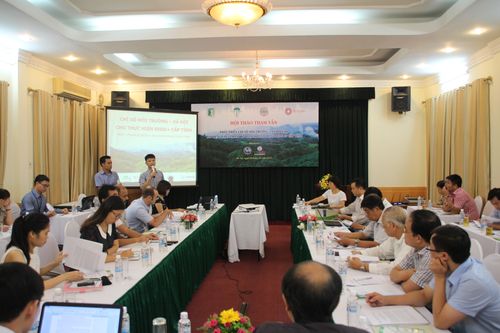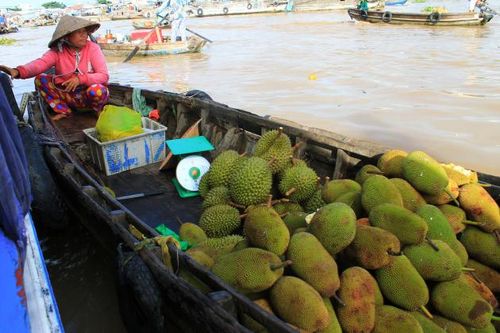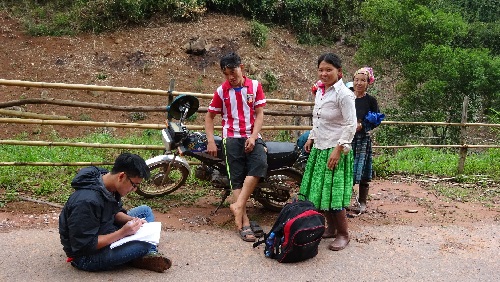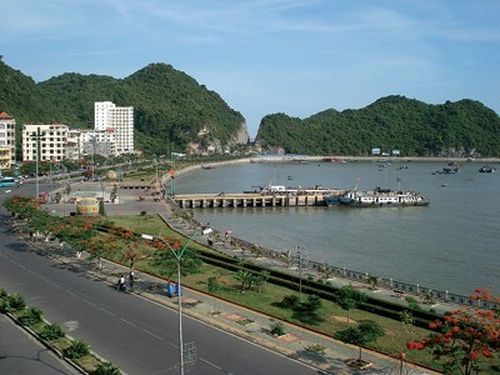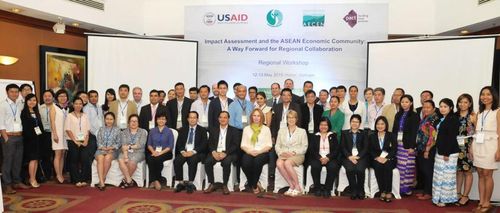The New Mekong: Changes and Expectations
On Thursday, October 29, 2015, stakeholders and experts on hydropower development and water resources in the Lower Mekong River Basin participated in a panel discussion entitled, “The New Mekong: Changes and Expectations.” Panelists included Mr. Trinh Le Nguyen (People and Nature Reconciliation), Mr. Nguyen Hong Toan (former Vietnam National Mekong Committee Secretary-General), Dr. Richard Cronin (The Stimson Center), Dr. Tran Viet Thai (Institute for Foreign Policy and Strategic Studies), and Mr. Jake Brunner (IUCN). A few key themes and topics were reiterated throughout the discussion:

